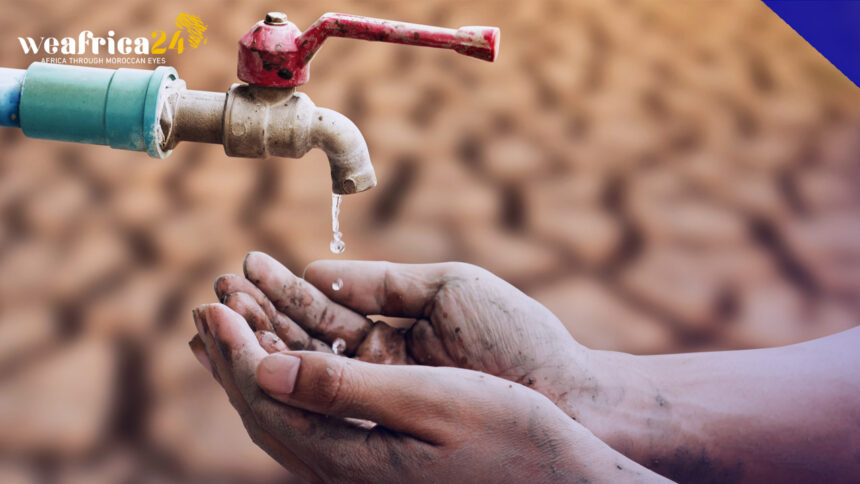Water, the elixir of life, is a basic necessity for human survival. However, in many parts of the African continent, access to clean and safe water remains a dire challenge. Africa is home to some of the world’s most water-stressed regions, where water scarcity is a pressing issue that affects millions of people every day. The water shortage in Africa has far-reaching implications for health, food security, economic development, and overall quality of life. As the effects of climate change exacerbate this crisis, urgent action is needed to address the water challenges facing Africa and implement sustainable solutions.
Uneven Distribution, Climate Change, and Health Impacts
One of the main causes of the water shortage in Africa is the uneven distribution of water resources. While Africa is known for its vast rivers and lakes, such as the Nile, the Congo, and Lake Victoria, the distribution of water across the continent is highly uneven. Some regions have an abundance of water, while others face severe water scarcity. In many countries, water sources are overexploited, leading to the depletion of aquifers and rivers, and contamination of water supplies due to pollution from industrial, agricultural, and domestic activities.
Another factor contributing to the water crisis in Africa is the impact of climate change. Rising temperatures, changing rainfall patterns, and more frequent and severe droughts are affecting water availability in many parts of the continent. Climate change is causing glaciers to melt, rivers to dry up, and lakes to shrink, further reducing access to freshwater resources. This has devastating consequences for agriculture, livestock, and human health, as well as exacerbating conflicts over water resources in some regions.
The lack of access to clean and safe water has severe consequences for human health in Africa. According to the World Health Organization (WHO), an estimated 115 million people in Africa lack access to basic drinking water services, and over 300 million people do not have access to improved sanitation facilities. As a result, many communities rely on unsafe water sources, such as rivers, ponds, and unprotected wells, which are often contaminated with harmful bacteria, parasites, and chemicals. Waterborne diseases, such as cholera, dysentery, and typhoid, are widespread, leading to high rates of morbidity and mortality, especially among children and vulnerable populations.
The Devastating Impacts of Water Crisis on Agriculture, Food Security
The water crisis in Africa also has a significant impact on food security and agriculture. Agriculture is the backbone of many African economies, providing livelihoods for millions of people. However, without access to reliable water sources for irrigation, farmers struggle to grow crops and raise livestock, leading to lower yields, reduced income, and increased food prices. In some regions, the lack of water has forced communities to migrate in search of water and fertile land, leading to displacement, conflicts, and humanitarian crises.
Furthermore, the water shortage in Africa has economic implications. Many industries, such as mining, manufacturing, and energy production, rely heavily on water for their operations. However, water scarcity can disrupt these industries, leading to reduced productivity, job losses, and economic instability. In addition, countries may face increased costs for importing water or investing in costly water infrastructure, further straining their economies.
Addressing the water crisis in Africa requires a multi-faceted approach that includes sustainable water management, infrastructure development, and climate change adaptation measures.







